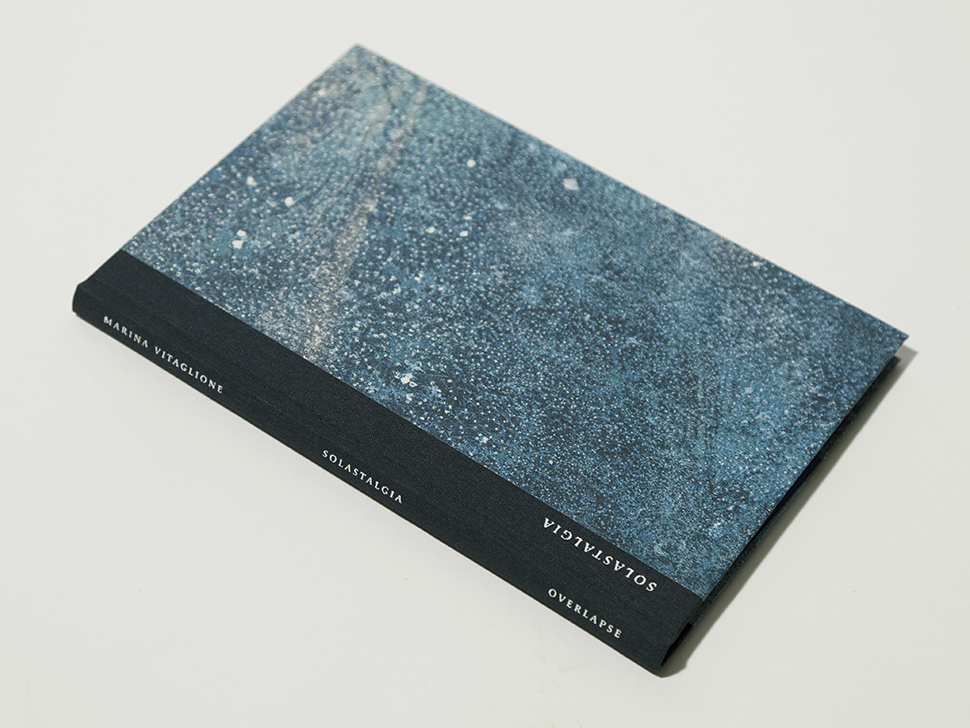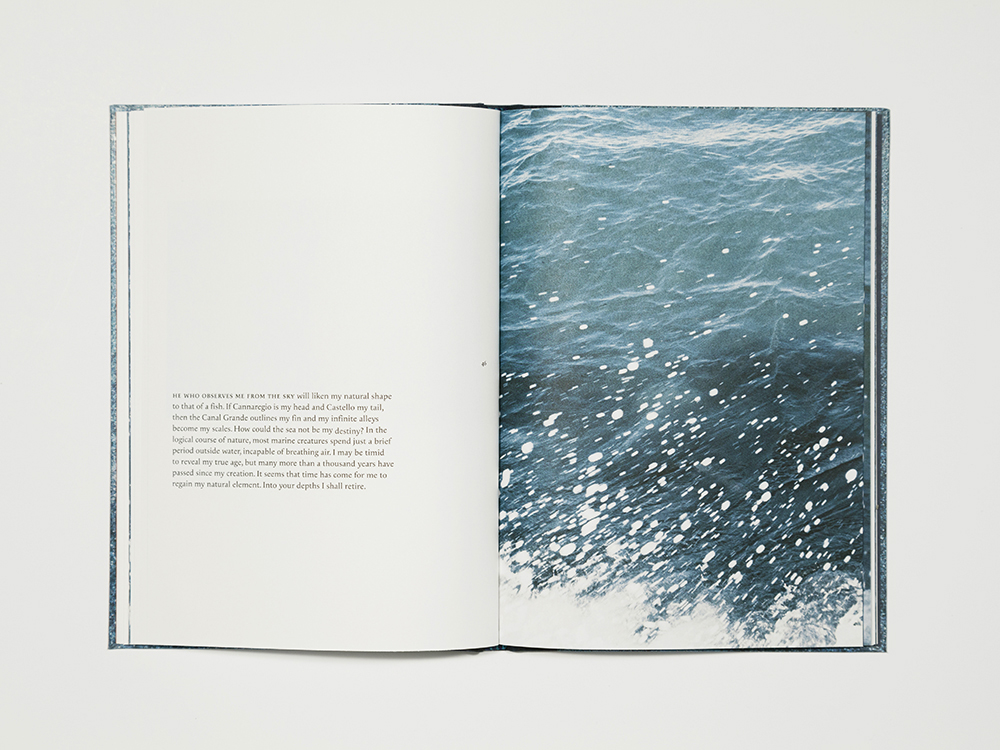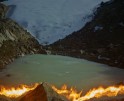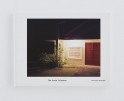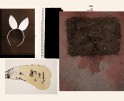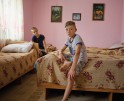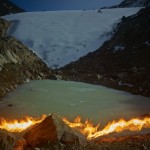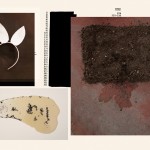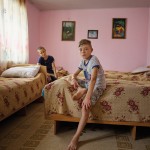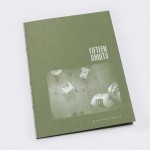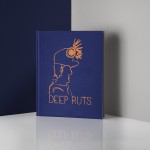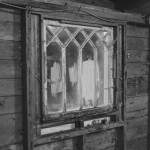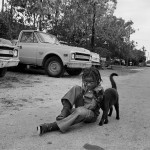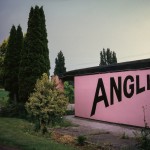Marina Vitaglione: Solastalgia
I’ve always been fascinated by imagery that can provide the comfort of, and at times yearning for home, despite my never having witnessed the scene being depicted. A harmony of light and atmosphere in a photograph of an unimpressive alleyway at dusk or a park bench where the light falls just so has the ability to evoke nostalgia for a place you’ve never been, and could never have imagined prior to the image.
Marina Vitaglione uses this visual phenomenon to guide a conversation about home and history in the context of climate change in her new book, published by Overlapse. The book is aptly titled Solastalgia, which is defined as a form of homesickness one gets when one is still at home but the environment has changed. The photographs, whose negatives have been soaked in the Adriatic Sea, capture the architectural details, richly colored building facades, and artifacts from everyday life in Venice, Italy. Instead of photographing the grandiose, Vitaglione captures this historical city with much tenderness and melancholy, combining the images with non-fictional text in the first-person voice of the city, narrating its own transformation as it subsides into the sea. This narration in combination with the sea stained imagery situates the complex issue of climate change inside a poetic narrative, creating space for viewers to contemplate what it is like to experience loss in the wake of an environmental disaster.
Vitaglione’s book, Solastalgia, employs original means of storytelling to inform and communicate on a global issue, that of climate change and its impact on the city of Venice. Coming from a journalism background, a newsworthy angle and preliminary, thorough research is very important for me. This approach is underlying in the final outcome of the book, even if the narrative uses fictional and poetic storytelling. I am fascinated by the relationship between image and text, and in Solastalgia both are equally important to the story: the text does not aim to define how one should look at the photographs, but simply acts as a guiding tool to better perceive them. Similarly, the alteration of the negatives is another narrative tool relevant to the story rather than an aesthetic choice: the seawater damages the photographs as it damages the city.
Marina Vitaglione is a photo researcher, photographer and journalist from France. She is a former fellow at Fabrica Communication Research Centre in Treviso, Italy (2016-2017) and has an MA in Documentary Photography and Photojournalism with Distinction from London College of Communication.
Posts on Lenscratch may not be reproduced without the permission of the Lenscratch staff and the photographer.
Recommended
-
Earth Week: Simon Norfolk: When I am Laid in EarthApril 27th, 2024
-
Shinichiro Nagasawa: The Bonin IslandersApril 2nd, 2024
-
The International Women in Photo Association Awards: Lorraine Turci: The Resilience of the CrowMarch 16th, 2024
-
The International Women in Photo Association Awards: Rayito Flores Pelcastre: Chirping of CricketsMarch 14th, 2024
-
The International Women in Photo Association Awards: Louise Amelie: What Does Migration Mean for those who Stay BehindMarch 12th, 2024


